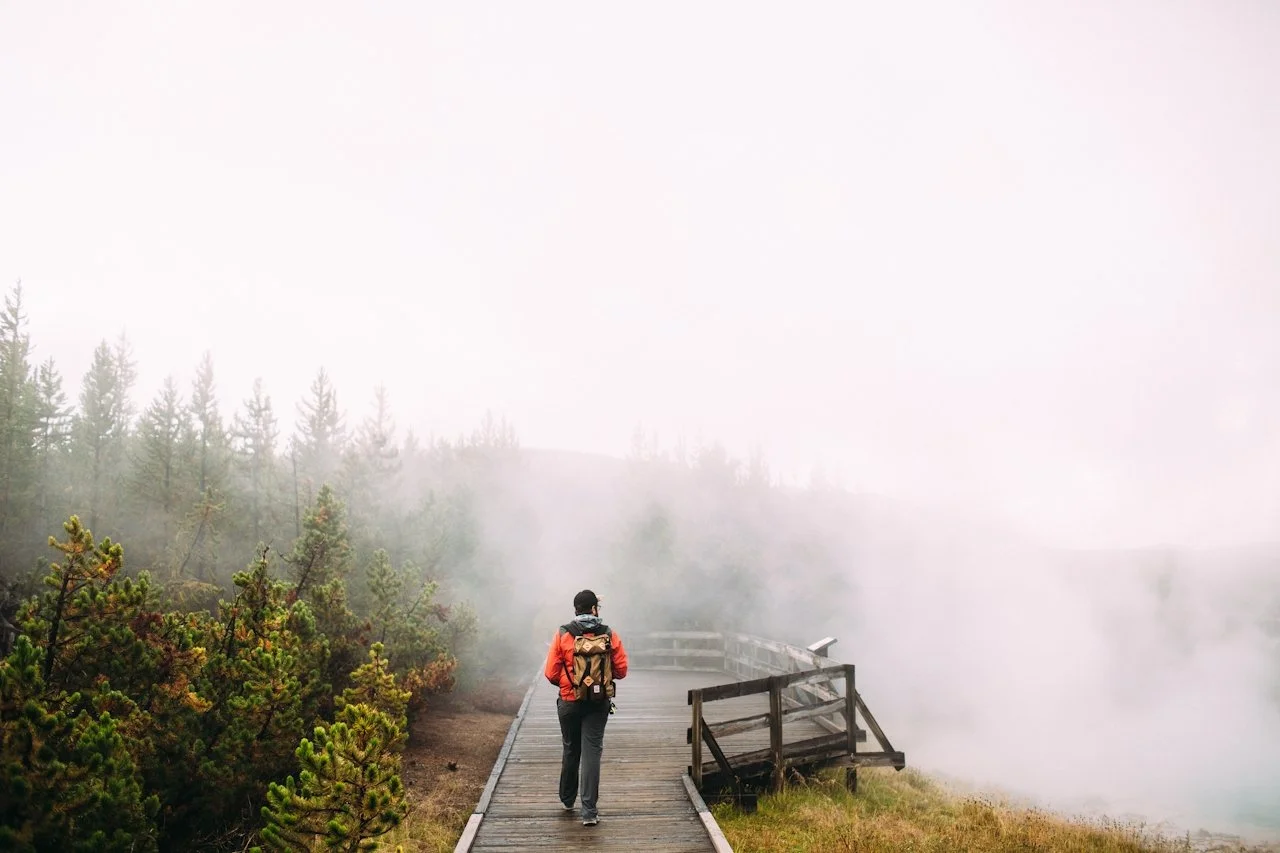Loneliness and Disconnection: Understanding the Crisis and Finding Connection
Lonely together.
Learn how Mind Wanderer’s mobile therapy can help you reconnect.
The Loneliest Generation
Did you know that 61% of young adults aged 18–25 report feeling “seriously lonely”? This group reports higher levels of loneliness than any other demographic, according to a 2021 survey by Cigna. And this isn’t just a post-pandemic phenomenon—loneliness among young adults has been steadily rising for decades.
If you’re feeling lonely while reading this…you are not alone in that feeling!
The Impact of Disconnection on Mental Health
Loneliness isn’t just an emotional struggle; it’s a public health issue. Chronic loneliness has been linked to:
Increased risk of premature death—equivalent to smoking 15 cigarettes a day, according to a study by BYU.
40% higher likelihood of developing dementia in older adults (CDC).
Greater susceptibility to mental health issues like anxiety, depression, and substance use disorders.
Why Connection Matters
Human connection is essential for mental health and overall well-being. In fact, a Harvard study spanning 80 years found that strong relationships are the single greatest predictor of happiness and longevity.
However, it’s hard to build relationships when modern society is not conducive to it. For example:
Living across the country is more common now than it has been in the past. Which means it is likely that you live away from family or friends. Or that your family and friends have moved away from you.
Engaging on the internet has become a replacement for in-person interactions. Even if you feel a small spark of connection when someone comments on your post or hearts your story, it is not equal to the feeling of sharing things about yourself 1:1 with a friend.
The content we are exposed to promotes division rather than connection. We see the world as more divided than before, even when that is not necessarily true.
Mind Wanderer: A New Way to Reconnect
At Mind Wanderer, we’re redefining access to mental health care to combat the loneliness epidemic.
Here’s how:
Therapy at Your Doorstep: Imagine having meaningful therapy sessions in the comfort of your home or in calming natural settings. We know telehealth has become convenient for people, but we also believe in the power of in person connection, especially when it comes to therapy.
Community Groups: Share, heal, and grow with others navigating similar challenges to your own. Connect with people who many also be experiencing loneliness in their lives.
Pop-Up Sessions: Therapy when and where you need it—whether it’s at a coffee shop or local event.
The Take-Away
Addressing loneliness starts with intentional connection. Whether through therapy, joining community activities, or simply reaching out to an old friend, small steps can make a big difference in remembering that you are not alone.
Loneliness may be present in your life right now, but that feeling doesn’t have to last. There are ways to level your loneliness and it starts by redefining your sense of connection to yourself and others.

